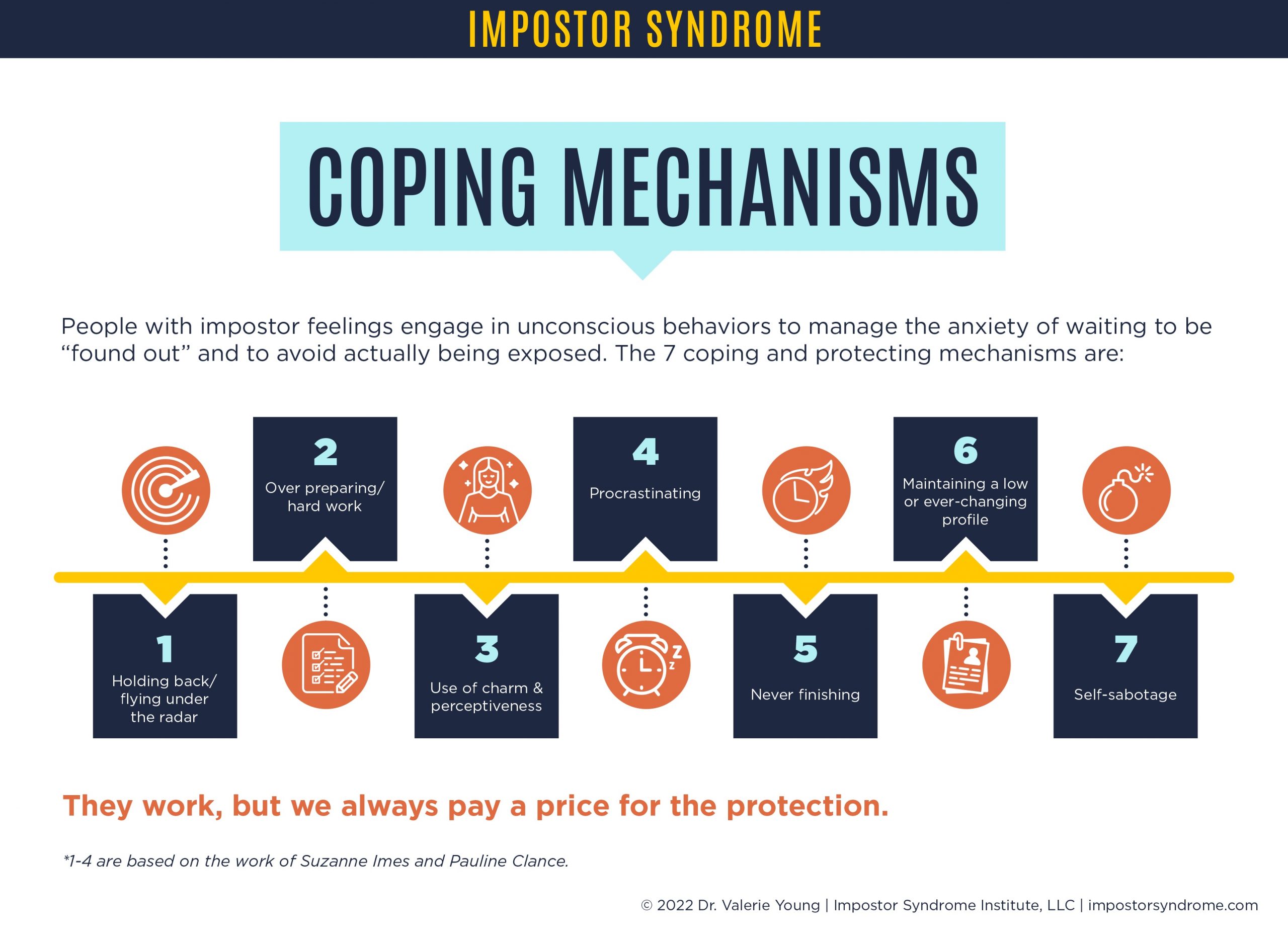Exploring the Consequences of Procrastination, Emotional Dependency, and Impostor Syndrome on Your Well-Being
Exploring the Consequences of Procrastination, Emotional Dependency, and Impostor Syndrome on Your Well-Being
Blog Article
In today's fast-paced world, many individuals struggle with mental and emotional challenges that hinder their success. Among these, procrastination, emotional dependency, and impostor syndrome stand out as common issues. What can you do to break free from these patterns?
In this guide, we will dive into the causes and solutions these three challenges. By understanding their impact and learning how to tackle them, you can build a healthier mindset and achieve your goals.
What is Procrastination?
Procrastination refers to postponing important activities even when you are aware of the consequences. It often stems from fear of failure, lack of motivation, or poor time management.

The effects of procrastination, can be far-reaching. To procrastinadores significado combat procrastination requires developing better procrastinam habits and breaking tasks into smaller steps. Consider techniques like the Pomodoro Technique or setting realistic deadlines to stay on track.
What is Emotional Dependency?
Emotional dependency occurs when an individual relies heavily on others for validation, support, or happiness. While human connection is essential, emotional dependency can become unhealthy when it leads to a lack of independence.

Common signs of emotional dependency include a fear of rejection, difficulty making decisions independently, and constant seeking of external approval. To overcome emotional dependency, it’s crucial to develop self-awareness and learn to validate yourself internally. Therapy, mindfulness practices, and journaling can provide significant support.
Recognizing and Managing Impostor Syndrome
Impostor syndrome is the persistent belief where individuals doubt their accomplishments despite evident success. Those affected tend to undermine their abilities rather than recognizing their talent and hard work.

Impostor syndrome often results in anxiety, self-doubt, and a fear of being “exposed”. To overcome impostor syndrome involves reframing negative thoughts and celebrating accomplishments. Seeking feedback from trusted peers and embracing self-compassion can also help you build confidence.
How to Address These Challenges?
To navigate these issues, consider the following strategies:
- Create a routine to combat procrastination and break larger tasks into smaller milestones.
- Build self-awareness to identify patterns of emotional dependency and foster personal resilience.
- Practice gratitude to counter impostor syndrome and seek professional guidance if needed.
Consistency is key, so keep practicing these methods to see positive changes.
Conclusion: Taking the First Step
These challenges can feel overwhelming, but they are manageable with the right strategies. With awareness and consistent effort, you open the door to personal growth.
Start today by recognizing these patterns in your life and adopting simple, actionable strategies. Always keep in mind: progress is a journey, not a destination.
Report this page